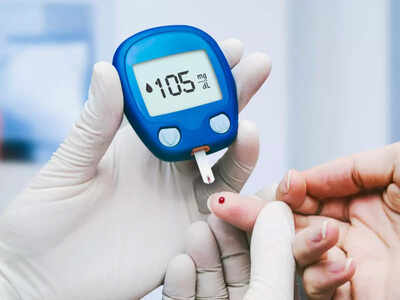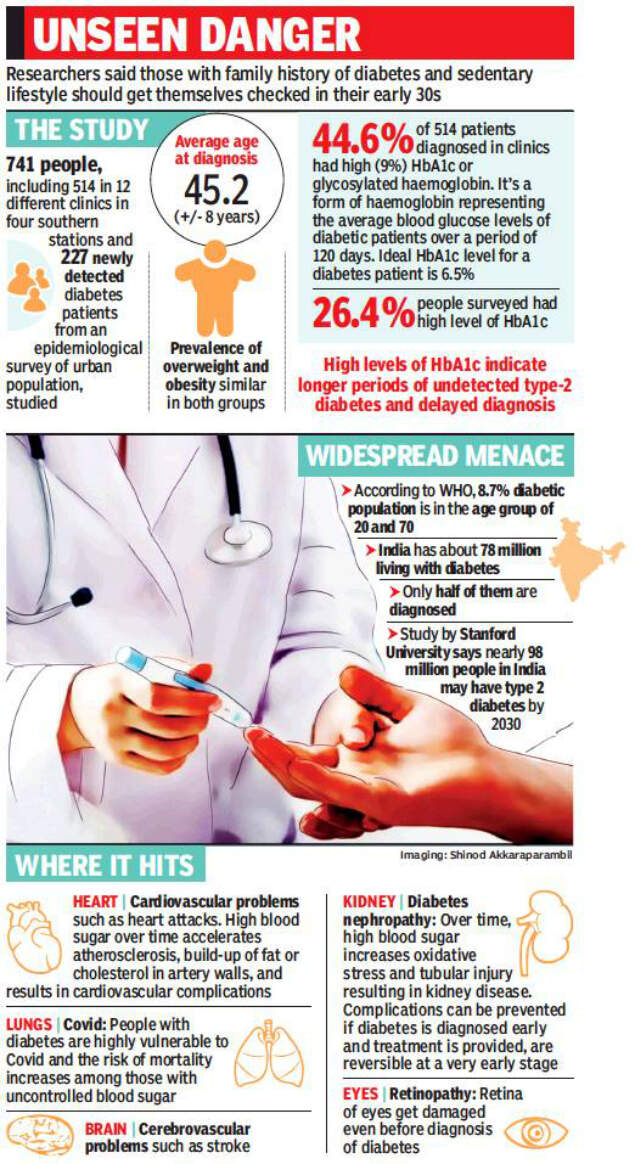Japanese Prime Minister Shinzo Abe and his Cabinet resigned, clearing the way for his successor to take over after parliamentary confirmation later Wednesday.
Abe, Japan's longest-serving prime minister, announced last month that he was stepping down because of health problems.
Chief Cabinet Secretary Yoshihide Suga, long seen as Abe's right-hand man, was chosen Monday as the new head of the governing Liberal Democratic Party, virtually guaranteeing his election as prime minister in a parliamentary vote Wednesday because of the party's majority.
Suga, a self-made politician and the son of a strawberry grower in the northern prefecture of Akita, has stressed his background in promising to serve the interests of ordinary people and rural communities.
He has said he will pursue Abe's unfinished policies, and that his top priorities will be fighting the coronavirus and turning around an economy battered by the pandemic.
He gained the support of party heavyweights and their followers early in the campaign on expectations he would continue Abe's line.
Suga has been a loyal supporter of Abe since Abe's first stint as prime minister from 2006 to 2007. Abe's tenure ended abruptly because of illness, and Suga helped him return as prime minister in 2012.
Suga has praised Abe's diplomacy and economic policies when asked about what he would like to accomplish as prime minister.
Suga, who does not belong to any wing within the party and opposes factionalism, says he is a reformer who will break down vested interests and rules that hamper reforms. He says he will set up a new government agency to speed up Japan's lagging digital transformation.
Suga said he will appoint reform-minded, hard-working people to the new Cabinet, to be launched later Wednesday. Media reports say some key ministers, including Finance Minister Taro Aso, Foreign Minister Toshimitsu Motegi and Olympic Minister Seiko Hashimoto, will stay.
Compared to his political prowess at home, Suga has hardly travelled overseas and his diplomatic skills are unknown, though he is largely expected to pursue Abe's priorities.
The new prime minister will inherit a range of challenges, including relations with China, which continues its assertive actions in the contested East China Sea, and what to do with the Tokyo Olympics, which were postponed to next summer due to the coronavirus. And he will have to establish a good relationship with whomever wins the US presidential race.
(Only the headline and picture of this report may have been reworked by the Business Standard staff; the rest of the content is auto-generated from a syndicated feed.)




RECOMMENDED FOR YOU